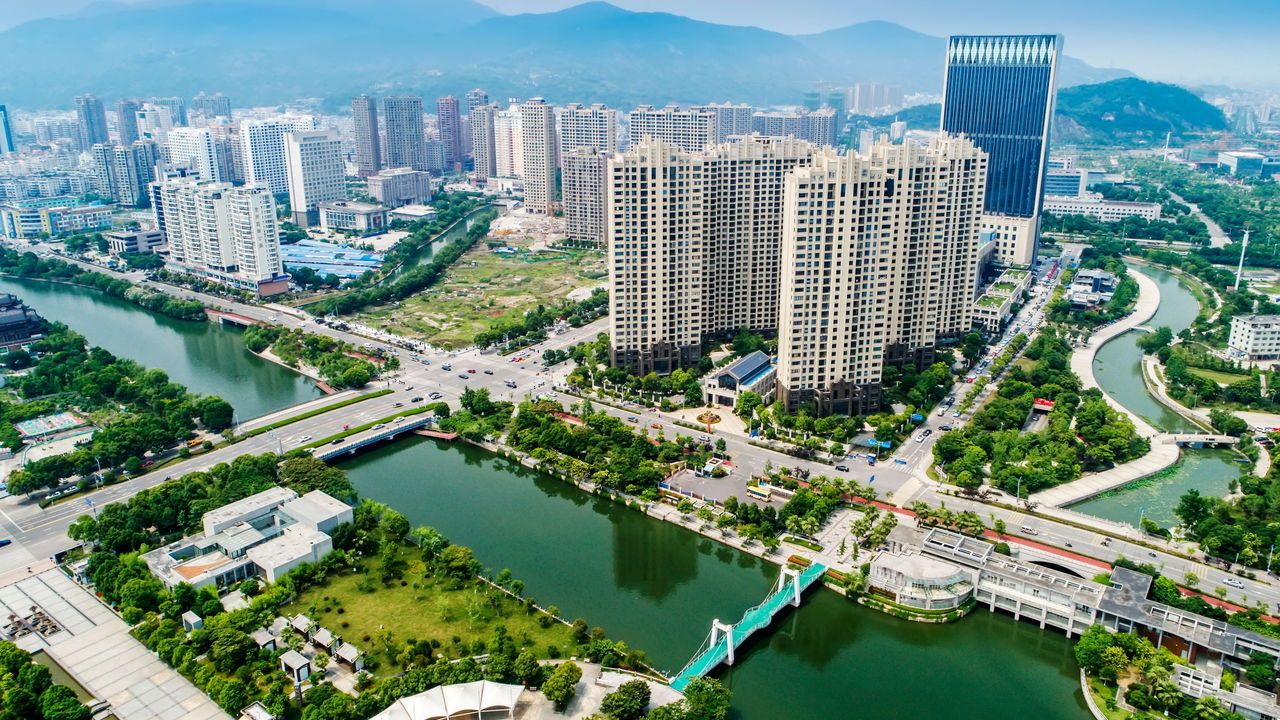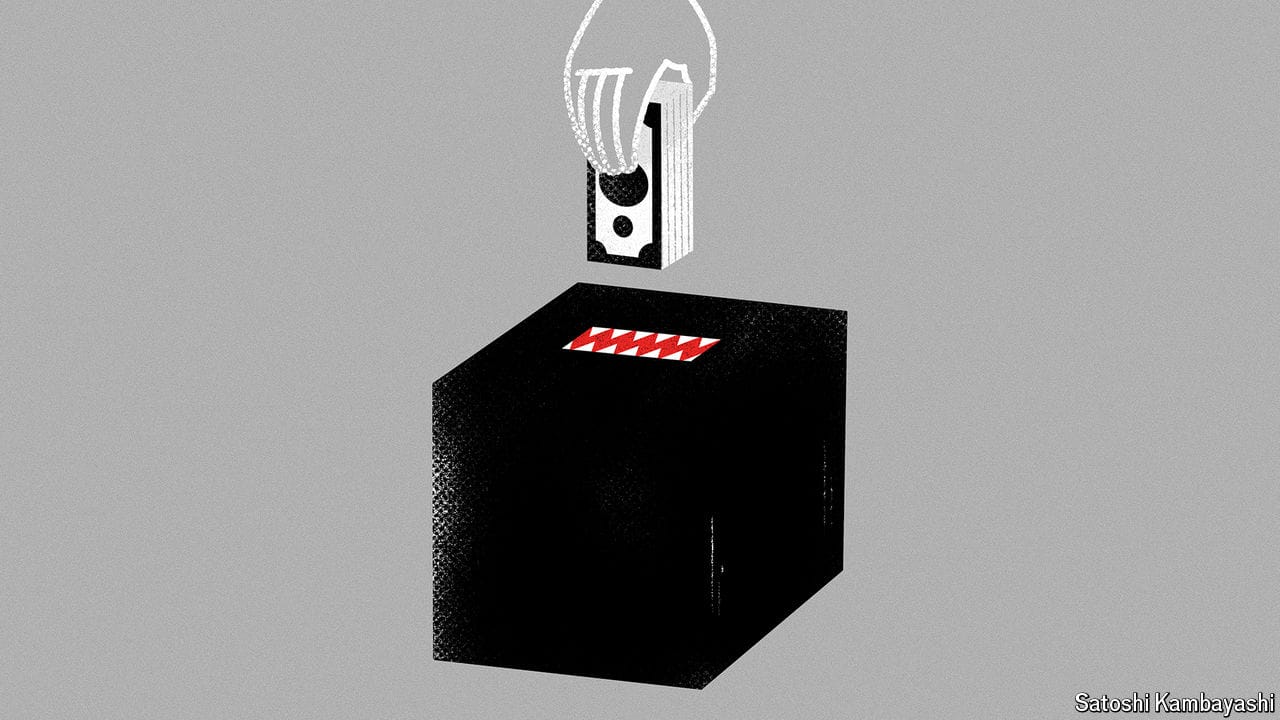China’s last boomtowns show rapid growth is still possible
All it takes is for the state to work with the market

China’s economic miracle emerged from dozens of industrial entrepots. Dongguan, famous for producing furniture and toys, as well as its many brothels, witnessed GDP growth of 21% in 2004. Hohhot, a town on the edge of the Mongolian steppe, posted nominal growth of 18% in 2006 as it scarred its mineral-rich terrain with mines. Shanghai, the country’s commercial hub, achieved 15% growth the next year as it churned out everything from machinery and textiles to cargo ships and steel, minting millionaires in the process.
Explore more
More from Finance and economics

What the war on tourism gets wrong
Visitors are a boon, if managed wisely

Why investors are unwise to bet on elections
Turning a profit from political news is a lot harder than it looks

Revisiting the work of Donald Harris, father of Kamala
The combative Marxist economist focused on questions related to growth
Donald Trump wants a weaker dollar. What are his options?
All come with their own drawbacks
Why is Xi Jinping building secret commodity stockpiles?
Vast new holdings of grain, natural gas and oil suggest trouble ahead
How Vladimir Putin created a housing bubble
Prices have risen by 172% in Russia’s biggest cities over the past three years